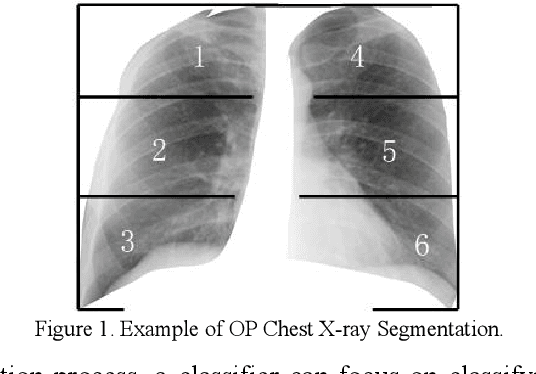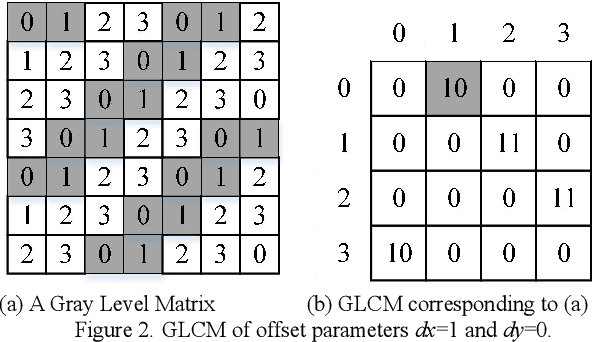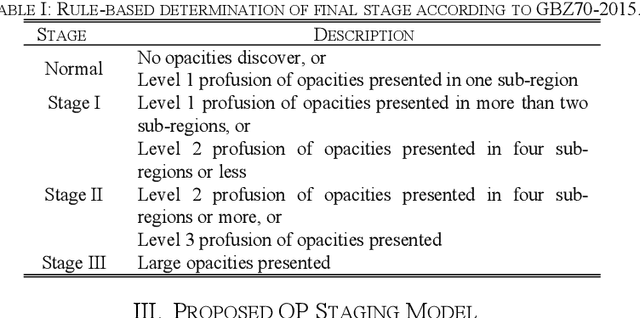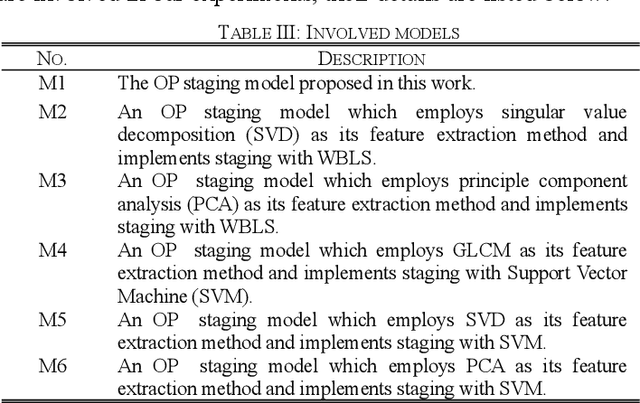Qianhao Luo
NTIRE 2025 Challenge on Day and Night Raindrop Removal for Dual-Focused Images: Methods and Results
Apr 19, 2025



Abstract:This paper reviews the NTIRE 2025 Challenge on Day and Night Raindrop Removal for Dual-Focused Images. This challenge received a wide range of impressive solutions, which are developed and evaluated using our collected real-world Raindrop Clarity dataset. Unlike existing deraining datasets, our Raindrop Clarity dataset is more diverse and challenging in degradation types and contents, which includes day raindrop-focused, day background-focused, night raindrop-focused, and night background-focused degradations. This dataset is divided into three subsets for competition: 14,139 images for training, 240 images for validation, and 731 images for testing. The primary objective of this challenge is to establish a new and powerful benchmark for the task of removing raindrops under varying lighting and focus conditions. There are a total of 361 participants in the competition, and 32 teams submitting valid solutions and fact sheets for the final testing phase. These submissions achieved state-of-the-art (SOTA) performance on the Raindrop Clarity dataset. The project can be found at https://lixinustc.github.io/CVPR-NTIRE2025-RainDrop-Competition.github.io/.
Incoporating Weighted Board Learning System for Accurate Occupational Pneumoconiosis Staging
Aug 13, 2022



Abstract:Occupational pneumoconiosis (OP) staging is a vital task concerning the lung healthy of a subject. The staging result of a patient is depended on the staging standard and his chest X-ray. It is essentially an image classification task. However, the distribution of OP data is commonly imbalanced, which largely reduces the effect of classification models which are proposed under the assumption that data follow a balanced distribution and causes inaccurate staging results. To achieve accurate OP staging, we proposed an OP staging model who is able to handle imbalance data in this work. The proposed model adopts gray level co-occurrence matrix (GLCM) to extract texture feature of chest X-ray and implements classification with a weighted broad learning system (WBLS). Empirical studies on six data cases provided by a hospital indicate that proposed model can perform better OP staging than state-of-the-art classifiers with imbalanced data.
 Add to Chrome
Add to Chrome Add to Firefox
Add to Firefox Add to Edge
Add to Edge